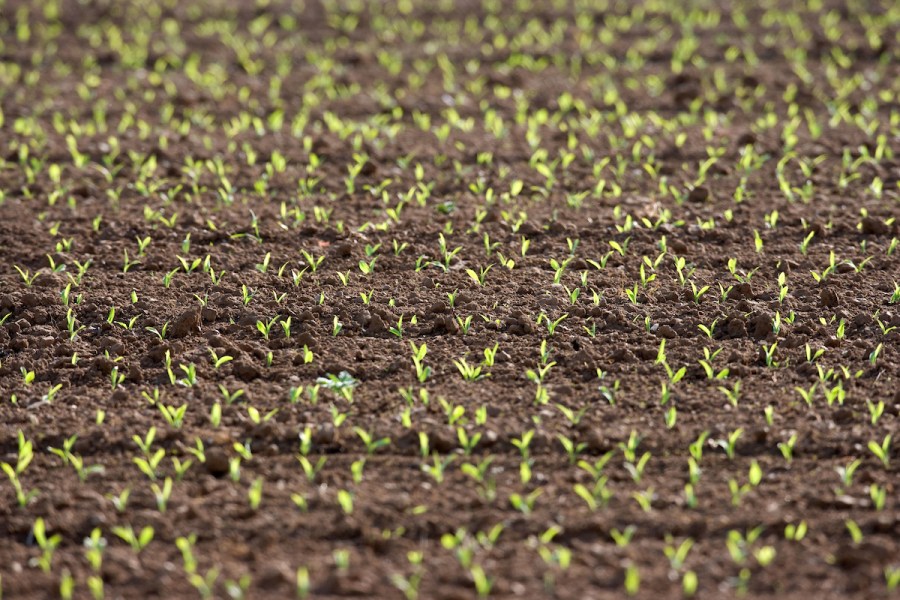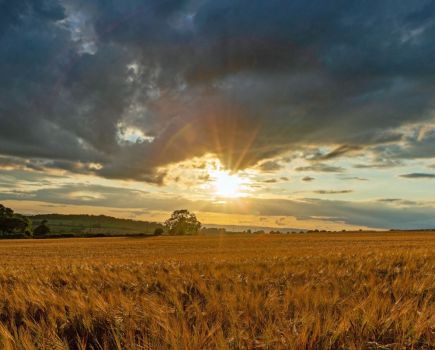With spring now officially here, it’s time for many maize growers to start thinking about getting this year’s crop in the ground.
Maize can be a tricky crop to get right. Inadequate weed control can have a huge impact on final yields, with losses of up to 50% seen in severe cases, says Belchim’s Alex Fowle.
“Weed pressure varies from farm to farm and target weeds will often depend on your location or type of maize grown. For example, those growing forage maize for livestock maybe up against broadleaf weed pressure, whereas those growing for biogas are likely to be challenged by more a range of arable weeds, including grasses .”
According to Alex, good weed control starts right at the beginning of the establishment process. “Seedbed conditions are really important. It pays to look back on the previous season and use this to guide decision-making. If you are growing continuous maize and perhaps had a less favourable autumn during harvest, this can cause significant compaction and the following maize crop can suffer badly.
“From a weed control perspective, it’s all about trying to start with a clean sheet. With maize being a spring-planted crop, there’s the opportunity of using a total herbicide such as glyphosate to clean things up as much as possible, but it’s important to get the seedbed conditions right for optimum performance.”
For weed control choice, there’s often a debate over whether or not to use a pre-emergence product, says Alex. The key considerations here are soil moisture, seedbed conditions and the expected weed spectrum. “At this timing, the weather can be dry and moisture can be limited, reducing the efficacy of the herbicide. However, this can act as an insurance and can provide flexibility if your post-emergence herbicide is delayed. A pre-emergence application can also help to sensitise difficult weeds”
When it comes to post-emergence sprays, herbicide choices will be largely dictated by the specific weed pressure on farm, says Alex. “Grassweed herbicides are prioritised but it’s also important to think about your broadleaved weed pressure too and use an appropriate herbicide.”
Though the loss of some chemical options is no doubt a concern for maize growers at the moment, Belchim has a good portfolio of robust options to address all key weed issues, he adds. “For those looking to control grassweeds, our products Fornet 6OD and Samson Extra (nicosulfuron) cover a wide range of weed situations and can be applied right up to – and including – 8 true leaf stage. They also provide control of some key broad-leaved weeds too.”
Another option for growers is Temsa SC (mesotrione) which provides control against broad-leaved weeds, with some residual action, he adds.
For those looking for something that offers rapid contact activity, Diva (pyridate) is a contact only herbicide that provides quick knock down, explains Alex. “Pyridate is Belchim’s own active and incredibly useful. Results are seen quickly and this activity can be really crucial in terms of reducing competition and achieving overall weed control.
“Another benefits is that there are no following crop restrictions, which adds to the overall flexibility that so many growers seek these days.” The key factor to consider when applying maize herbicides is to target the correct growth stage of the weeds, in order to achieve optimum levels of control
Whichever product you choose, the most important thing is planning your strategy ahead of time to get the best out of the options that are still available, stresses Alex.
To find out more about Belchim’s product portfolio, visit: www.belchim.co.uk




